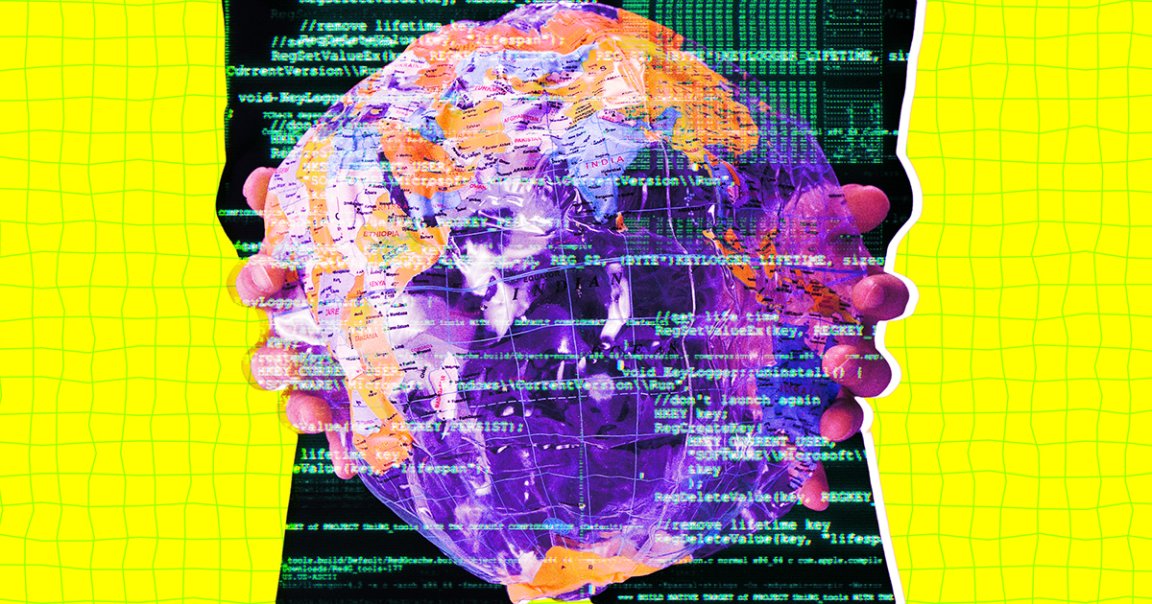
Though artificial intelligence is taking the world by storm, it’s still pretty bad at tasks demanding a high-degree of flexibility, like writing computer code.
Earlier this year, ChatGPT maker OpenAI published a white paper taking AI to task for its lackluster performance in a coding scrum. Among other things, it found that even the most advanced AI models are “still unable to solve the majority” of coding tasks.
Later in an interview, OpenAI CEO Sam Altman said that these models are “on the precipice of being incredible at software engineering,” adding that “software engineering by the end of 2025 looks very different than software engineering at the beginning of 2025.”
It was a bold prediction without much substance to back it — if anything, generative AI like the kind Altman pedals has only gotten worse at coding as hallucination rates increase with each new iteration.
Now we know what he was playing at.
Early on Friday, OpenAI revealed a preview of Codex, the company’s stab at a specialty coding “agent” — a fluffy industry term that seems to change definitions depending on which company is trying to sell one to you.
“Codex is a cloud-based software engineering agent that can work on many tasks in parallel,” the company’s research preview reads.
The new tool will seemingly help software engineers by writing new features, debugging existing code, and answering questions about source code, among other tasks.
Contrary to ChatGPT’s everything-in-a-box model, which is geared toward the mass market, Codex has been trained to “generate code that closely mirrors human style and PR preferences.” That’s a charitable way to say “steal other people’s code” — an AI training tactic OpenAI has been sued for in the not-too-distant past, when it helped Microsoft’s Copilot go to town on open-source and copyrighted code shared on GitHub.
Thanks in large part to a technicality, OpenAI, GitHub, and Microsoft came out of that legal scuffle pretty much unscathed, giving OpenAI some convenient legal armor should it choose to go it alone with its own in-house model trained on GitHub code.
In the Codex release, OpenAI claims its coding agent operates entirely in the cloud, cut off from the internet, meaning it can’t scour the web for data like ChatGPT. Instead, OpenAI “limits the agent’s interaction solely to the code explicitly provided via GitHub repositories and pre-installed dependencies configured by the user via a setup script.”
Still, the data used to train Codex had to come from somewhere, and judging by the rash of copyright lawsuits that seem to plague the AI industry, it’s only a matter of time before we find out where.
More on OpenAI: ChatGPT Users Are Developing Bizarre Delusions